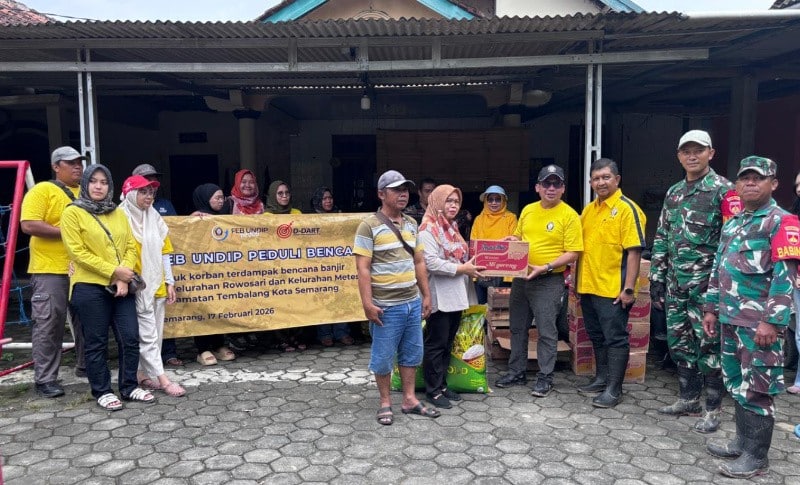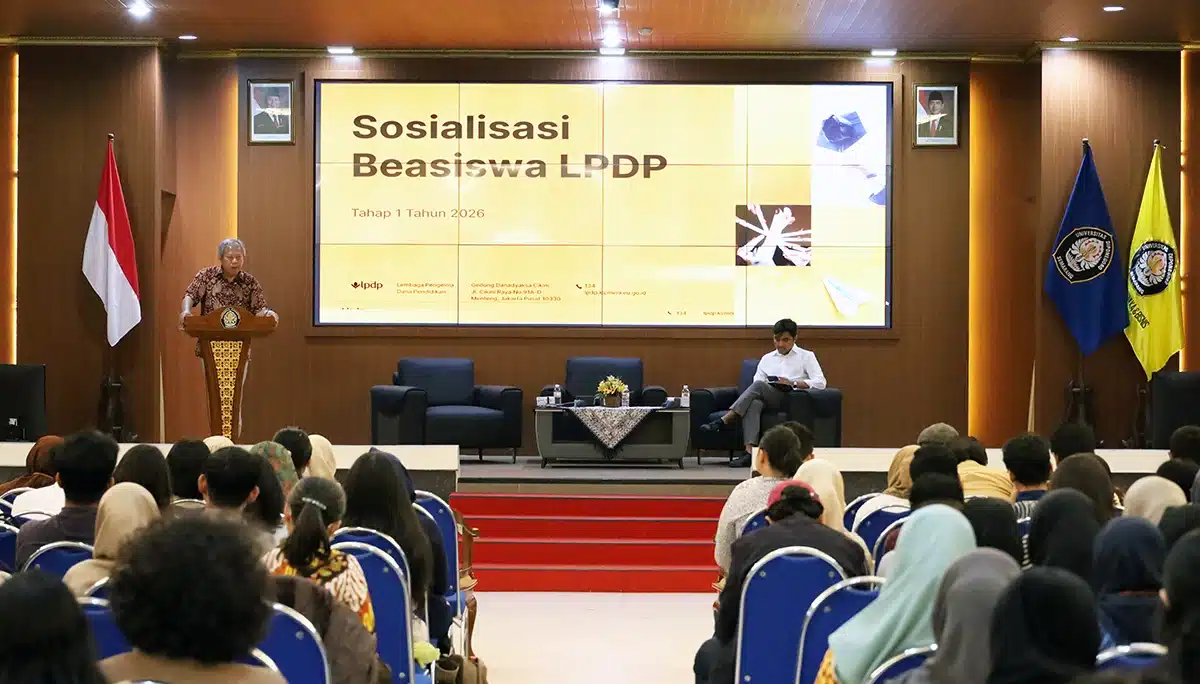HPV (Human Papillomavirus) is a virus that can cause infections on the skin’s surface and can lead to sexually transmitted infections (STIs) through direct skin contact with an infected person. It also has the potential to cause cervical cancer. Anyone sexually active is at high risk of contracting HPV, even with just one partner.
“HPV can generally clear up on its own within two years without causing health problems. However, it can also lead to health issues such as genital warts and cancer, including cervical cancer, especially in individuals with a weakened immune system,” explained Fitri Wulandari, M.Clin.Pharm., Apt., a Pharmacy Lecturer at the Faculty of Medicine, Diponegoro University (FK UNDIP).
One way to prevent HPV infection is through HPV vaccination. The HPV vaccine has been proven safe and effective. “The HPV vaccine is part of the national immunization program and is a significant step by the government to address serious health issues in Indonesia, such as cervical cancer,” she added.
According to WHO data from 2018, cervical cancer is the second leading cause of cancer-related deaths in Indonesia, accounting for 8.8% of deaths out of 9.3% of diagnosed cases. The HPV vaccine is crucial as it can reduce the risk of cervical cancer.
“This vaccine is intended for individuals aged 9-15 years (5th and 6th-grade elementary students and 3rd-grade middle school students) and will be extended to adults aged 21-26 years. Vaccination can reduce the incidence of genital warts and precancerous lesions in individuals aged 15-24 years, and can decrease cervical cancer cases by up to 87% in women vaccinated at ages 12-13 compared to those who are not vaccinated,” explained Fitri.
However, HPV vaccination for individuals over 26 years old (27-45 years) is still possible but should be done after consulting a doctor. “So far, providing the vaccine to individuals over 26 years old is considered not cost-effective due to limited benefits (as most have already been exposed to HPV through sexual activity), resulting in minimal protective effects,” she added.
Additionally, the HPV vaccine can also be given to men, providing benefits in preventing genital warts and HPV-related penile cancer. It also helps prevent the transmission of HPV to women, thereby reducing the prevalence of cervical cancer.









